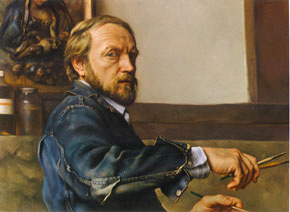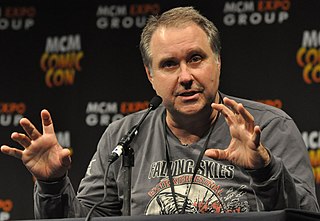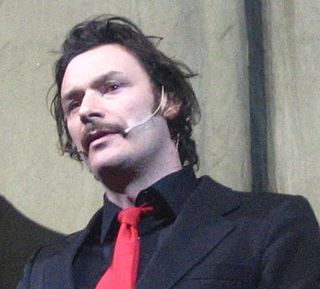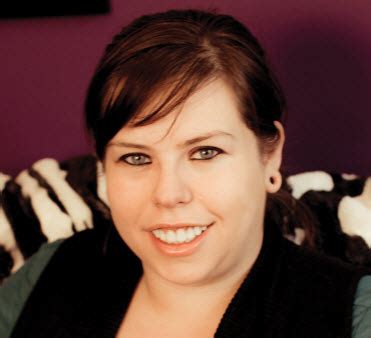A Quote by Walt Dohrn
'Trolls' was a blank slate - there was no world, no mythology. We talked a lot about the Grinch and we liked how they showed his heart growing, but how do you show a photographable device like that for the Bergens? We ended up using color for a lot of that: desaturating and then pulling the saturation up.
Related Quotes
Now 3D is no longer a fad but I don't get all crazy about it and say that everything has got to be in 3D. It is a nice tool, like color or sound or whatever. I was quite intrigued and I learned, 3D opened up a lot of questions about how to use it. I think it is great. It's like if a movie needs to be in black and white then that's how I will shoot it. I see color as just another character or black and white as a character.
I think sometimes it's sort of easier to be playing a role based on a real person because there's quite often a lot more information, you're not making it up, it's there in books, it's there in research form. But really the questions you ask about the character, and why people behave, and where they come, and how they've ended up in the places they've ended up are the same.
In the first season (of 'Californication'), when we had the threesome with the nipple clamps, I was, like, 'I don't get this, I don't know how you're gonna do it.' And then, all of a sudden, there's a crane with a camera hanging over our heads, and you're, like, 'Okayyyyyyy. But how are you gonna sell this? How are you gonna make it work?' And they ended up shooting it brilliantly, cutting it together, and it just all ended up working without me having to compromise my own personal morals.
I practice yoga at home to a TV show called 'Inhale,' taught by Steve Ross. I figured that if the people on the show could stretch that deep then I could too. I ended up pulling my hip flexor. But that's how I met my husband. Paul was the physical therapist my coach called to meet with me after hours.
You can't show up on set and expect it all to come together. You have to have a plan, much like how the director can't just show up and go, well, where should I put the camera? That is gonna determine how it is lit, you should have already been in the room looking at it earlier, pre-lit the room, you know there is a lot of prep that goes into it, so it is the same thing with acting. You can't just show up.
I talked to my mother about it a lot. I asked her what it was like to grow up in New York and Harlem in the 1920s and 1930s, and I asked her about a woman leaving her husband. I asked her about how she would feel about that woman, and my mother grew up in the Church Of God In Christ, and she told me that the woman might be isolated because the other women thought she might go and come after their husbands. That's how they thought then.
We became Homo sapiens not that long ago, from the scientific perspective, and we've retained a lot of our beast nature. We've done all these amazing things in terms of our knowledge base and technology, and now we're flying around and using the internet. But we're still very animalistic. So, I think about hierarchies. I think about evolution. I think about how we stack up, how we sit on top of each other. How we pray that we know what we're up to.





































